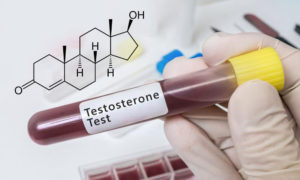
3 Unexpected Ways I used to Boost Testosterone by 55%
We all want epically high testosterone levels coursing through our veins like Thor shooting lighting bolts from the sky. Unfortunately, many men struggle with their testosterone, sometimes unknowingly.



